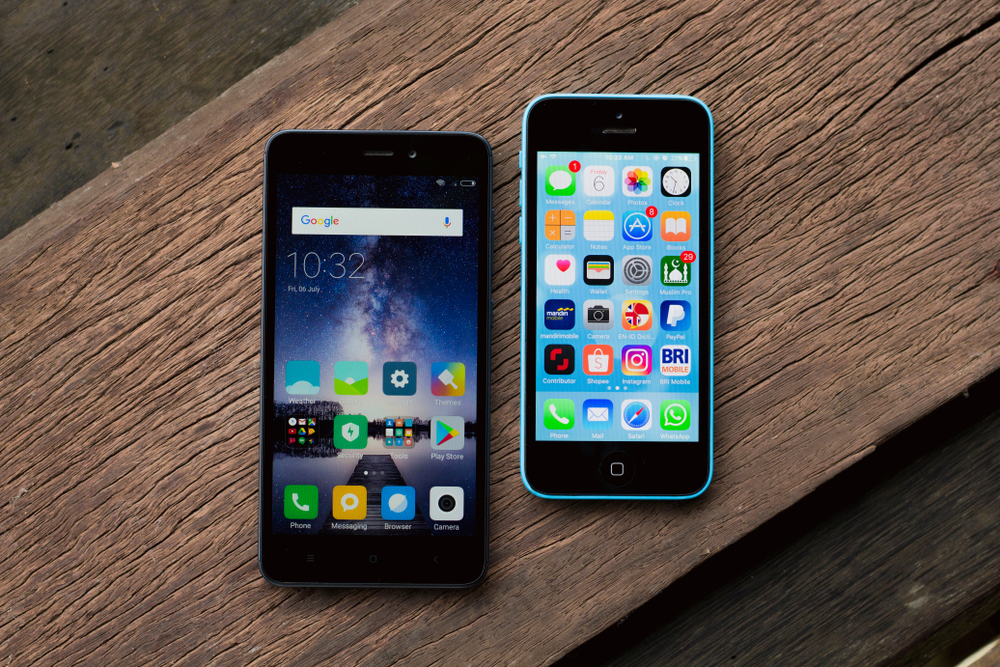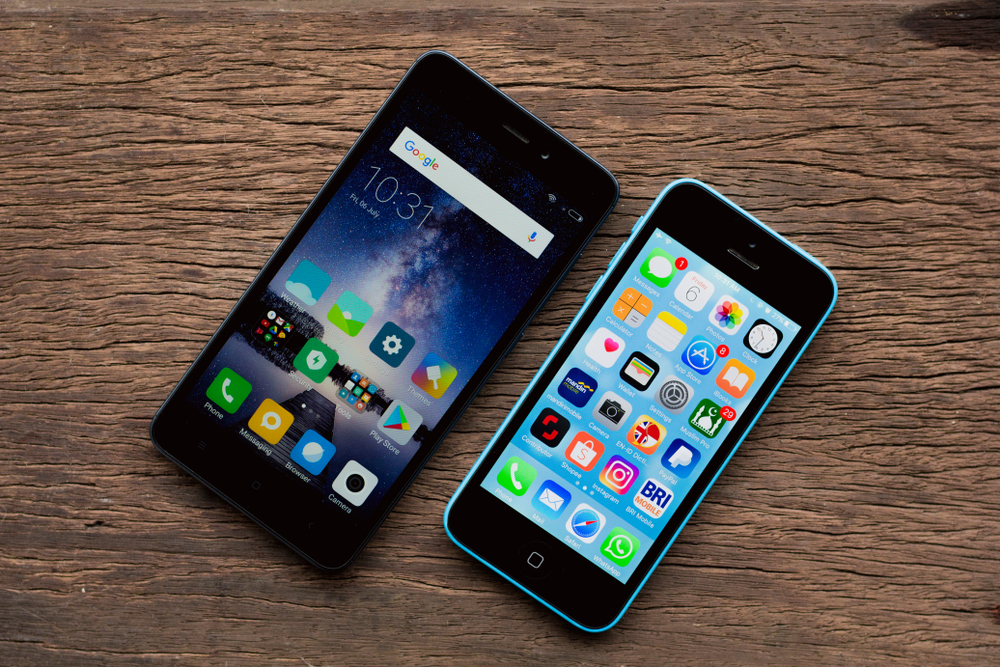
Mastering Mobile App Marketing: Top Tips and Tricks for Successful Promotion

With the booming popularity of smartphones, mobile app development has become a lucrative industry. However, simply building a great mobile app is not enough to guarantee its success. Effective marketing and promotion are essential to get your app in front of the right audience. In this article, we will cover some top tips and tricks for mastering mobile Android or iOS app marketing and ensuring the success of your app.
1. Define Your Target AudienceBefore you start promoting your mobile app , it is crucial to understand who your target audience is. Conduct thorough market research to identify the demographics, interests, and pain points of your potential users. This will help you tailor your marketing efforts to reach the right people at the right time and maximize your chances of success.
2. Optimize Your App Store Listing
App store optimization (ASO) plays a vital role in mobile iOS or Android app marketing. Just like search engine optimization (SEO), ASO focuses on improving your app's visibility within the app store search results. Pay attention to relevant keywords, compelling app descriptions, engaging screenshots, and high-quality app icons. Utilize keyword research tools to identify popular and relevant search terms to include in your app's metadata.
3. Leverage Social Media
Social media platforms provide excellent opportunities for promoting your mobile Google Play or App Store app . Identify the platforms where your target audience is most active and create engaging content that highlights the benefits of your app. Regularly post updates, share user testimonials, and offer exclusive content or discounts to create buzz around your app. Consider running targeted advertising campaigns on platforms like Facebook and Instagram to reach a wider audience and drive app installations.
4. Build an Email Subscriber List
Email marketing remains one of the most effective ways to reach potential users and keep them engaged. Create a landing page on your website or within your app, where users can sign up for updates, news, and exclusive offers. Regularly send out newsletters with valuable content related to your app, app updates, and new features. Personalize your emails and segment your subscriber list to ensure maximum engagement and conversions.
5. Collaborate with Influencers
Influencer marketing has gained significant traction in recent years and can be a powerful tool for promoting your mobile App Store or Google Play app . Identify influencers or bloggers within your niche who have a genuine following and influence over your target audience. Reach out to them to explore collaboration opportunities such as sponsored posts, app reviews, or giveaways. By leveraging their existing audience, you can significantly boost your app's visibility and credibility.
6. Utilize App Store Advertising
In addition to organic app store optimization, consider investing in app store advertising to enhance your app's visibility. Both Apple's App Store and Google Play Store offer advertising options to reach a wider audience. These ads can appear in search results, within related apps, or on the app store homepage. Develop compelling ad creatives and try different targeting options to maximize your return on investment.
7. Encourage User Reviews
Positive user reviews can greatly influence potential users' decision to download and install your mobile app. Encourage your existing users to leave reviews and ratings by implementing in-app prompts or incentives. Respond to both positive and negative reviews promptly and professionally to show that you value user feedback and are committed to improving your app.
8. Implement App Analytics
App analytics provide valuable insights into how users are engaging with your app. By tracking user behavior, app usage patterns, and conversions, you can identify areas for improvement and optimize your marketing strategy. Use tools like Firebase Analytics, Google Analytics, or Flurry Analytics to gather data and make informed decisions regarding your app's performance and marketing efforts.
9. Engage in Content Marketing
Content marketing can be a powerful way to attract and engage potential app users. Create high-quality blog posts, videos, infographics, or tutorials that provide value and showcase the benefits of your app. Publish this content on your website, share it on social media, and reach out to relevant industry publications for guest posting opportunities. By establishing yourself as an authority in your niche, you can attract organic traffic and increase app downloads.
10. Run Referral Programs
Leverage the power of referrals by implementing referral programs within your mobile app. Offer incentives such as discounts, exclusive content, or in-app rewards to users who refer their friends or contacts to download and use your app. This not only incentivizes users to spread the word about your app but also helps you expand your user base through word-of-mouth marketing.
Frequently Asked Questions (FAQs):
Q1. How long does it take to see the results of mobile app marketing efforts?A1. The timeline for seeing results from mobile app marketing can vary depending on various factors such as the competitiveness of your niche, marketing budget, and the effectiveness of your strategies. It is important to track your app's performance regularly and make data-driven adjustments to your marketing plan.
Q2. Is app store optimization a one-time effort?
A2. App store optimization is an ongoing process. As market trends and user preferences change, it is essential to regularly review and update your app's metadata, keywords, and visual assets to ensure maximum visibility and relevance within the app stores.
Q3. How can I measure the success of my mobile app marketing efforts?
A3. The success of your mobile app marketing can be measured using various key performance indicators (KPIs) such as app downloads, user engagement (session duration, screens viewed, etc.), retention rate, app store rankings, and conversion rates. Use app analytics tools to track these metrics and analyze the effectiveness of your marketing strategies.
Q4. Can paid app reviews be beneficial for my mobile app's success?
A4. Paid app reviews can provide initial exposure and credibility for your app. However, it is crucial to ensure that the review sources are reputable and unbiased. Genuine user reviews and organic word-of-mouth recommendations ultimately hold more weight and contribute to long-term success.
Q5. Is it important to localize my mobile app for different languages and regions?
A5. Localization can significantly increase your app's reach and appeal to a global audience. Adapting your app's language, content, and user experience to specific regions or languages can enhance user satisfaction and improve your chances of success in international markets.
In conclusion, mastering mobile app marketing requires a combination of strategic thinking, creativity, and adaptability. By understanding your target audience, optimizing your app store listing, utilizing social media, collaborating with influencers, and implementing other effective tactics, you can maximize your app's visibility, attract the right users, and achieve long-term success in the competitive mobile app market.
Other useful resources
- https://www.appguru24.com/promote-app/
- https://en.wikipedia.org/wiki/IOS